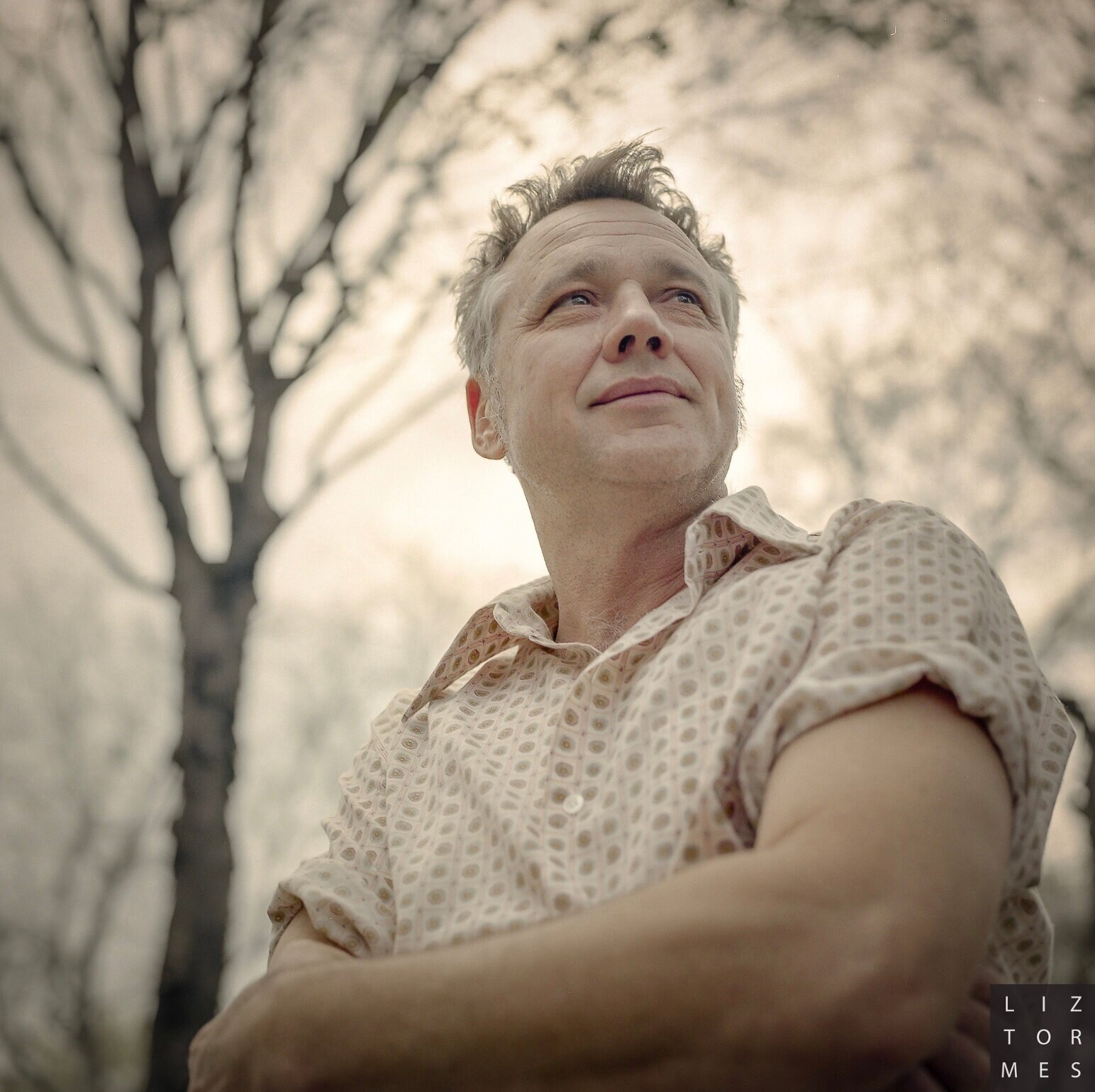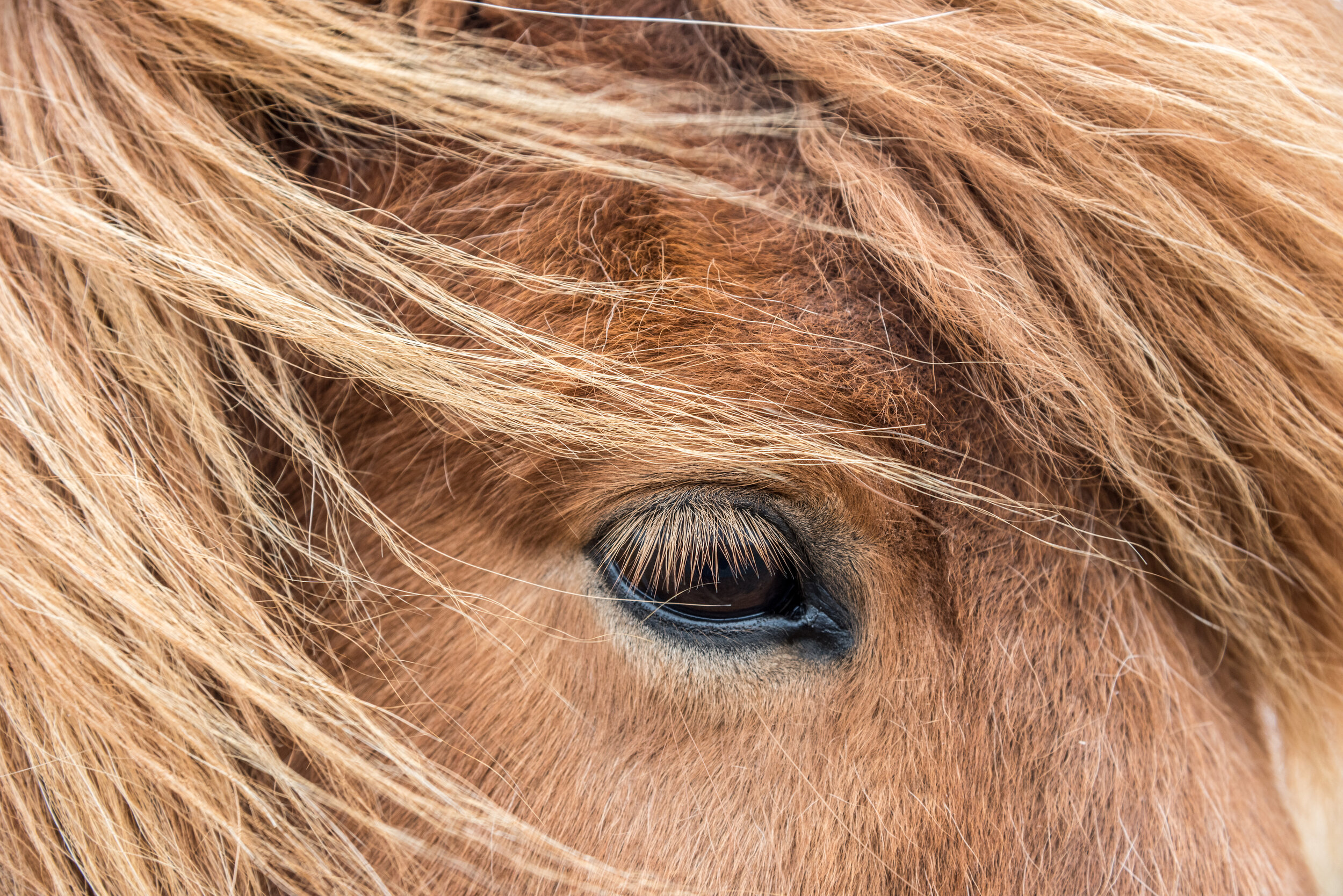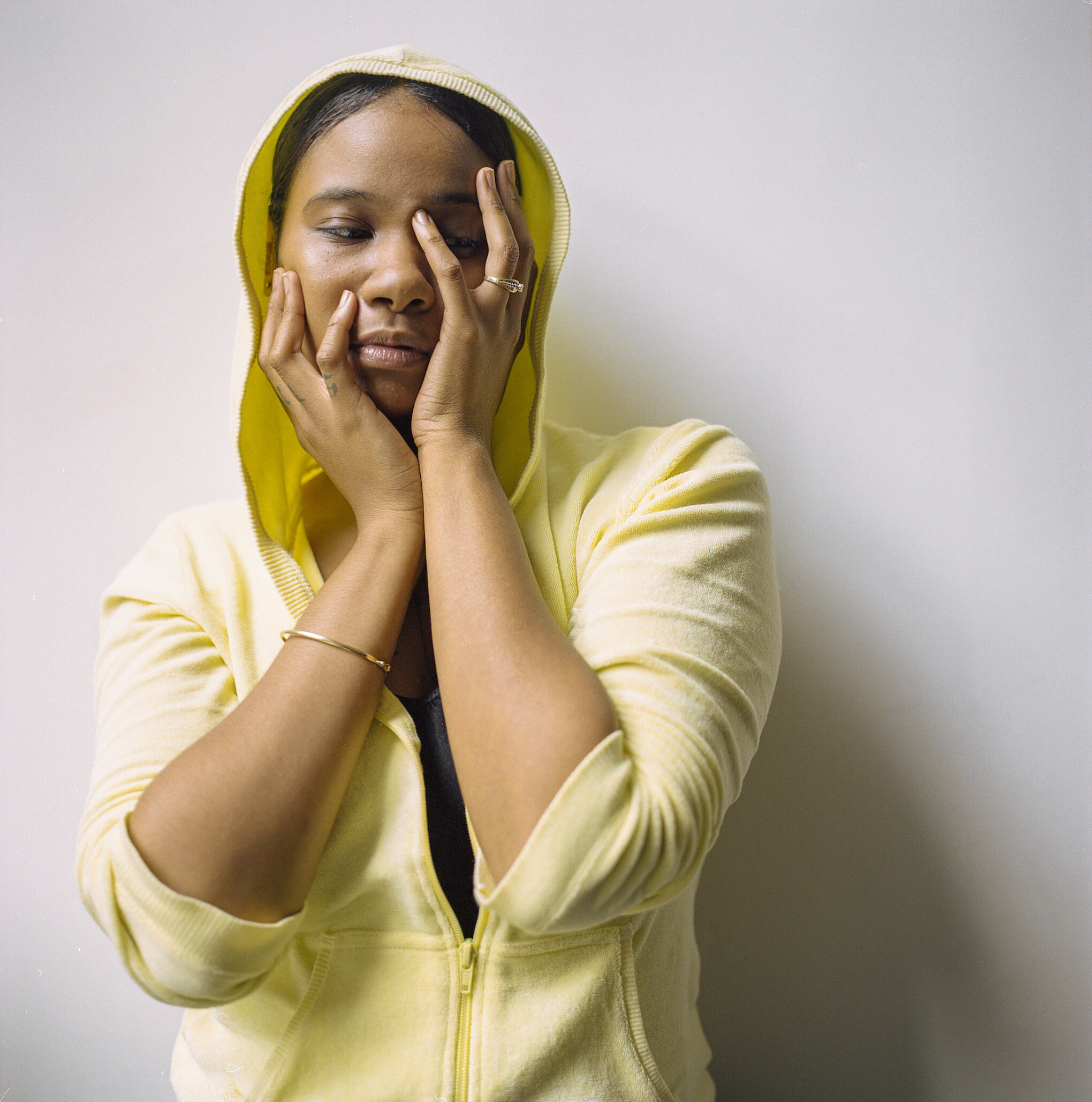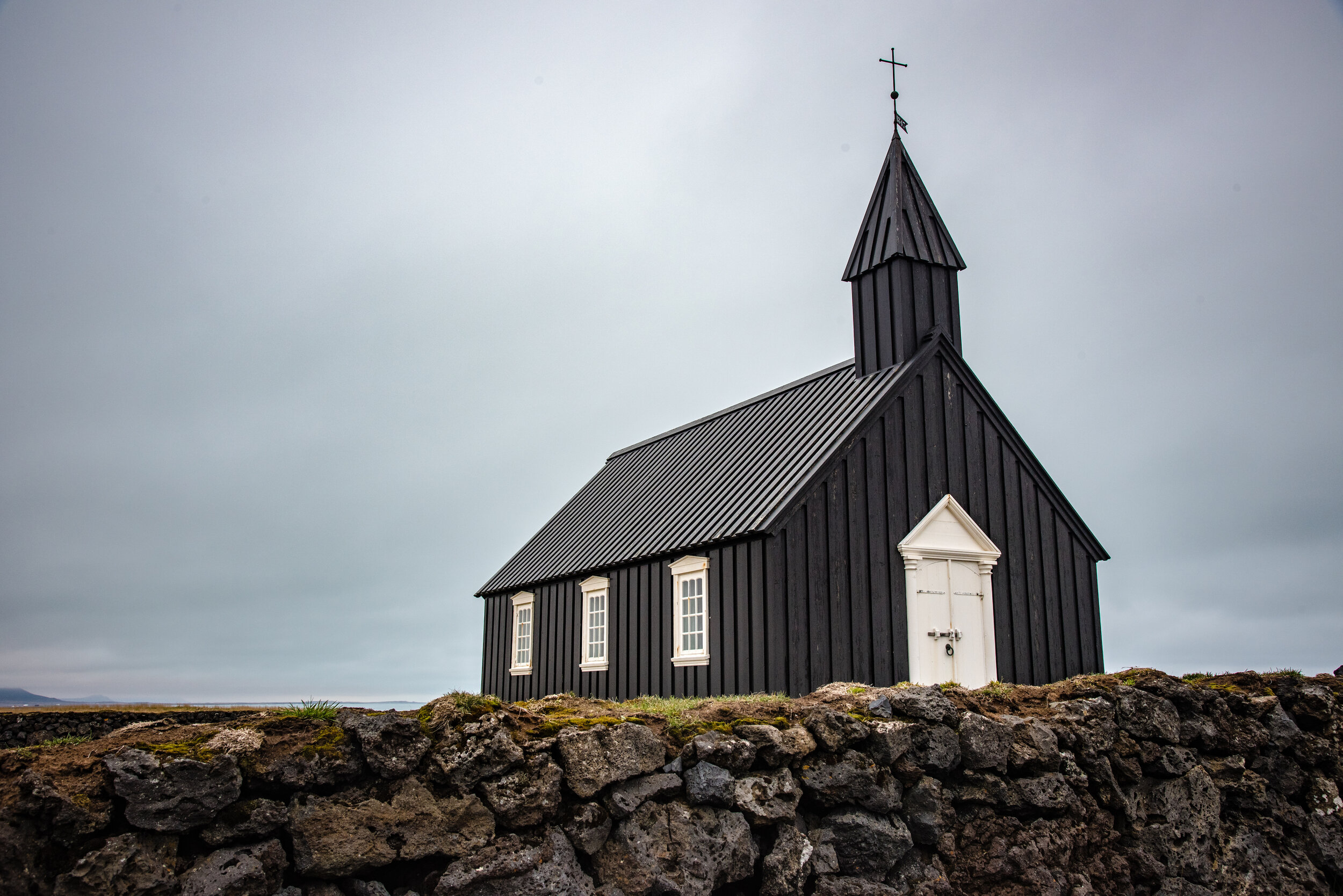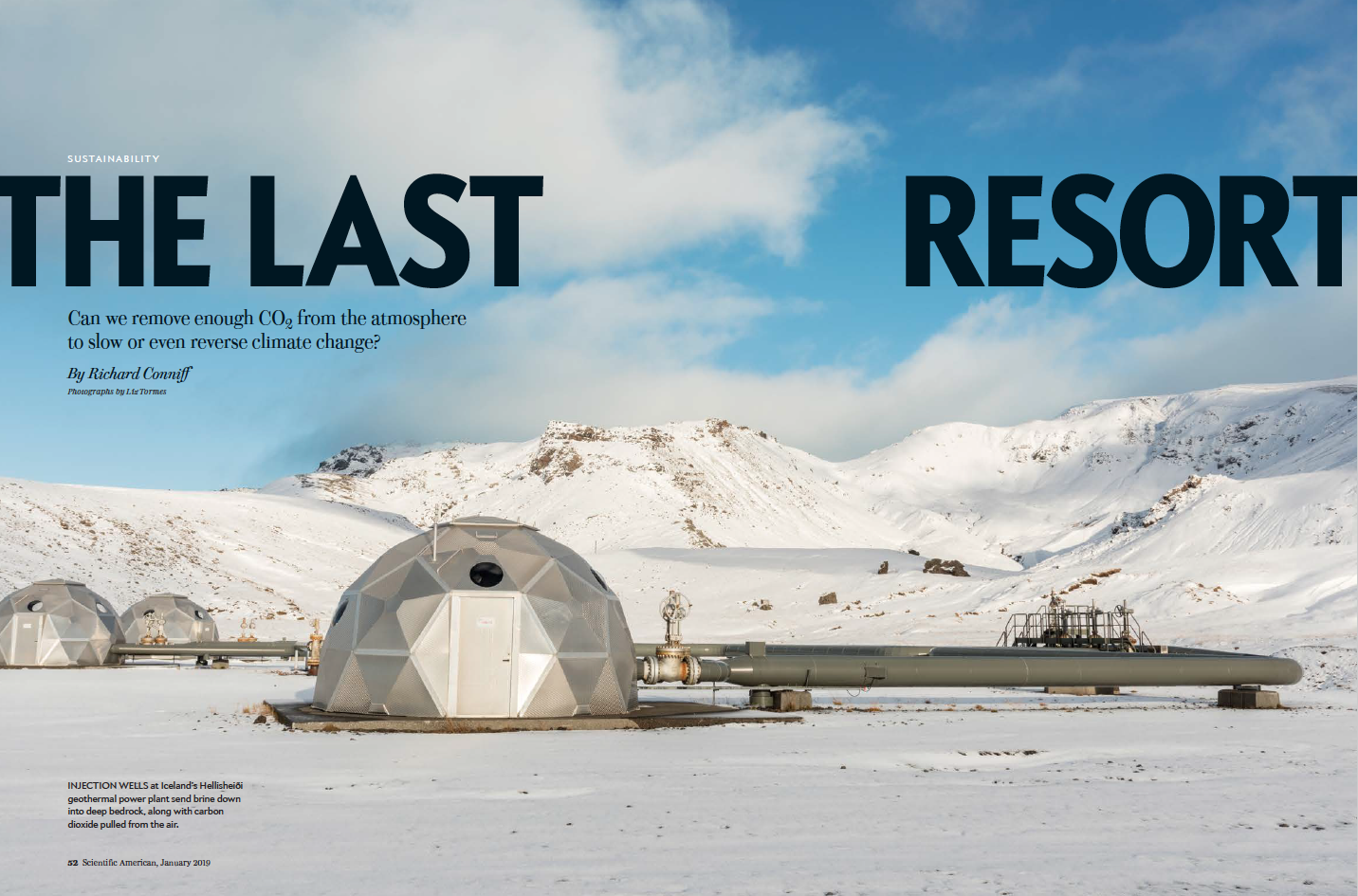Liz Tormes
Clarity in Contrast
Liz Tormes is proof that there’s no easy path to a career in the arts. From printmaking to photography to music, her journey has taken her from Nashville to New York, with side trips to the UK and Iceland — and with a soundtrack of lullabies and murder ballads.
From her beginnings photographing Nashville’s late ’90s honky tonk renaissance to her 2020 record with The Nine Seas, Tormes has crafted a consistent aesthetic that calls out the space between darkness and light, between spartan and sweet.
“The one thing that I love is contrast between dark and light … this contrast where there's darkness but glimmers of light coming through. That really just lights me up.”
Tormes moved from Nashville to New York in the late 1990s, joining the new honky tonk scene in alphabet city first as a photographer in the audience, and then a performer onstage. As her work evolved through the first decade of the new century, she moved further abroad, honing her songwriting skills and bringing her camera along for the journey.
It’s difficult to balance two disciplines and a full-time career as a photo editor, and Tormes has fought through her share of identity crises.
“For many years I was doing both music and photography and just kind of waiting to see which one's gonna pull ahead,” she says. “Like, which do I become? Am I a photographer or am I a musician?”
This is a recurring theme for multidisciplinary artists. Our world is set up to expect an artist to be one thing and one thing only, never changing throughout their career.
“I had a really good gig at a prestigious venue in New York and ran into someone I didn’t really know that well on the subway. I told him I had a gig at this place. He said, ‘that’s pretty exciting. So you’re giving up photography? You gotta choose.’ And I was like, ‘I don’t know if you do.’”
By the mid-2000s, Tormes had already established herself as a music photographer, shooting artists for No Depression, Rockpile and other publications, as well as record covers and portraits. It was her work as a photo editor at Scientific American that led to recent published shots. The January 2019 issue ran photos Tormes shot in Iceland in the article The Last Resort, about work to remove CO2 from the atmosphere.
When Liz began both her disciplines, their industries were vastly different. Photography was a predominately analog format, and the music industry was in the earliest phase of transitioning from the oligarchy of record labels to the wild new democracy of the internet, where now it seems just as hard as ever to get any traction.
“It’s very difficult to set yourself apart now,” Tormes says. “There’s so much content now. The fields are just really kind of flooded. There’s so much content that it’s hard to rise to the surface.”
Audiences are attracted to artists who make them feel seen in some way — who write or say something that they themselves have thought or felt. That’s where Tormes found her people. “I guess I just needed an outlet,” Tormes explains. “It made me feel better to be able to take something pretty traumatic and almost turn it into a story. And to kind of take yourself out of it … People started to connect to the lyrics. That, I guess, is when I started to realize that I was able to give somebody some comfort or recognition.”
Her self-released debut, Limelight, was picked up by independent labels in New York and the UK, leading to tours and collaborations with other artists, including Fiona McBain and Glenn Patscha of Ollabelle. A longstanding collaborative friendship with McBain then led to the creation of The Nine Seas, and their new release, Dream of Me, co-produced by Jim White.
Dream of Me returns Tormes in some ways to her roots, drawing on old-time music and the contrasts between dark subjects and glimmering harmonies — a sweet tension that feels both timeless and timely.
“It's a combination of original songs and also cover songs like murder ballads, some honkytonk songs, some old Appalachian folk songs,” Tormes says. She adds with a laugh, “Some of the songs are a little dark, but the feedback we keep getting is that it's kind of comforting in these times, surprisingly.”


